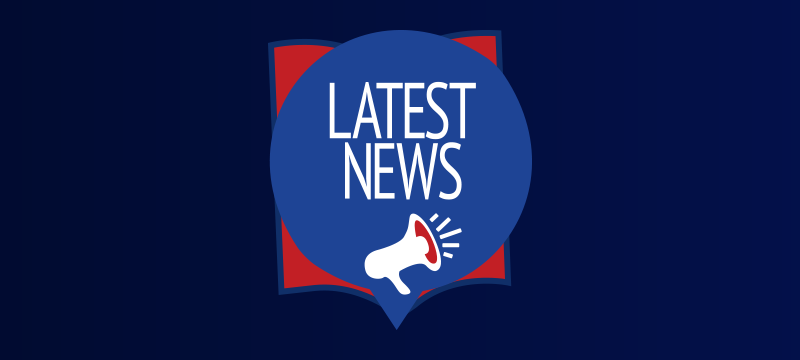Catch up on this month’s round-up of the latest hosting and tech news. Here’s what we’ve uncovered since our last edition.
Spectacle revolution
Technology has been developed that is about to transform the spectacle business. While the industry has already embraced augmented reality as a way to help customers try on glasses without needing to be in store, UK firm Acuitis is now taking things to a whole new level. Using a series of cameras, their system 3D maps a person’s face and head and, with this, prints the 3D glasses on-demand.
The innovation has multiple benefits. Customers will not just have a wider choice of designs; they’ll also be able to customise those designs to their own tastes. Customisation, goes even further, however, with the 3D facial scanning ensuring that the glasses fit perfectly from the outset, without opticians needing to heat and bend the plastic to fit the person’s face.
As for retailers, they’ll no longer need to worry about over or understocking, as the glasses are simply printed when needed, a move that is both cost-effective and sustainable. Frame designers, however, may need to move from selling actual frames, to selling the designs and print templates.
Windows 365
Yes, you read that correctly, not Office 365 but Windows 365. Until now, one of the biggest benefits of the cloud has been the ability to access files and data from any device. Microsoft’s Windows 365 takes that model one step further, enabling users to access their PC on any device. Essentially, the new ‘cloud PC’ will let people stream their Windows computers from anywhere.
For this to work, instead of a PC being a physical machine, it will be a virtual PC where all the computing is done in the cloud and then streamed to the device chosen to work on – whether that’s an office workstation, home laptop, tablet, smartphone or even a Mac.
Described by Microsoft as a ‘hybrid Windows for a hybrid world’ it is targeted particularly for businesses with remote or mobile workers who will be able to access not just files and data but all their apps and settings too.
Another global outage
Large parts of the internet went offline in July, the second major outage in as many months. While the first occasion was due to a problem with a major content delivery network, the most recent crash was because of issues with a DNS service. DNS is the protocol that links language-based website names with the digitally numbered servers on which they are hosted. When the service fails, browsers are unable to locate servers on the internet, preventing the websites and other services from being accessed.
The latest outage led to many major businesses going offline across Europe, America and Asia. These included HSBC, Barclays, Airbnb, UPS and British Airways. Besides websites, the event also took game services, like the PlayStation Network, Steam and EA offline, as well as ITV and Channel 4’s streaming services.
UK wins commercial space race
The hotly contested battle of the billionaires’ space race saw the first two launches this month, with the UK’s Richard Branson pipping US rival Jeff Bezos to be the first commercial passenger to make the suborbital flight.
Branson’s Virgin Galactic, Bezos’ Blue Origin and Elon Musk’s Space X are, between them, at the outset of a much bigger project and one which will require giant leaps in technological innovation. While offering the superrich a 15-minute fun ride into outer orbit at £250,000 a pop is little more than a publicity stunt, it’s also a way of funding their projects and attracting the major investment and talent they’ll need.
Those projects include inhabitable space stations, lunar bases and, if Musk gets his way, a human colony on Mars. Will musk get to see that happen? Considering it only took 66 years after the Wright brothers flew the first plane for Neil Armstrong and Buzz Aldrin to stand on the moon, it’s not an impossibility considering the pace of technological innovation we have today.
The printed school
3D printing has taken the construction industry into new territory by the joint UK, Swiss and Danish venture, 14Trees, which has just successfully completed the building of the world’s first 3D printed school in Malawi. Using innovative 3D printing software and a specially created 3D construction robot, the project is designed to build schools in areas where they are desperately needed and can do so cheaper, quicker and 50% greener than when using traditional materials and building techniques.
This is a venture that could transform the building sector, providing not just schools but hospitals, affordable housing and emergency shelters to those in need with limited means. Indeed, with the cost of housing expensive everywhere and a need for more sustainable construction, 3D printable buildings could soon be seen everywhere.
Visit the WHUK website for more news, knowledge base articles, blog posts and information on our wide range of hosting services.


